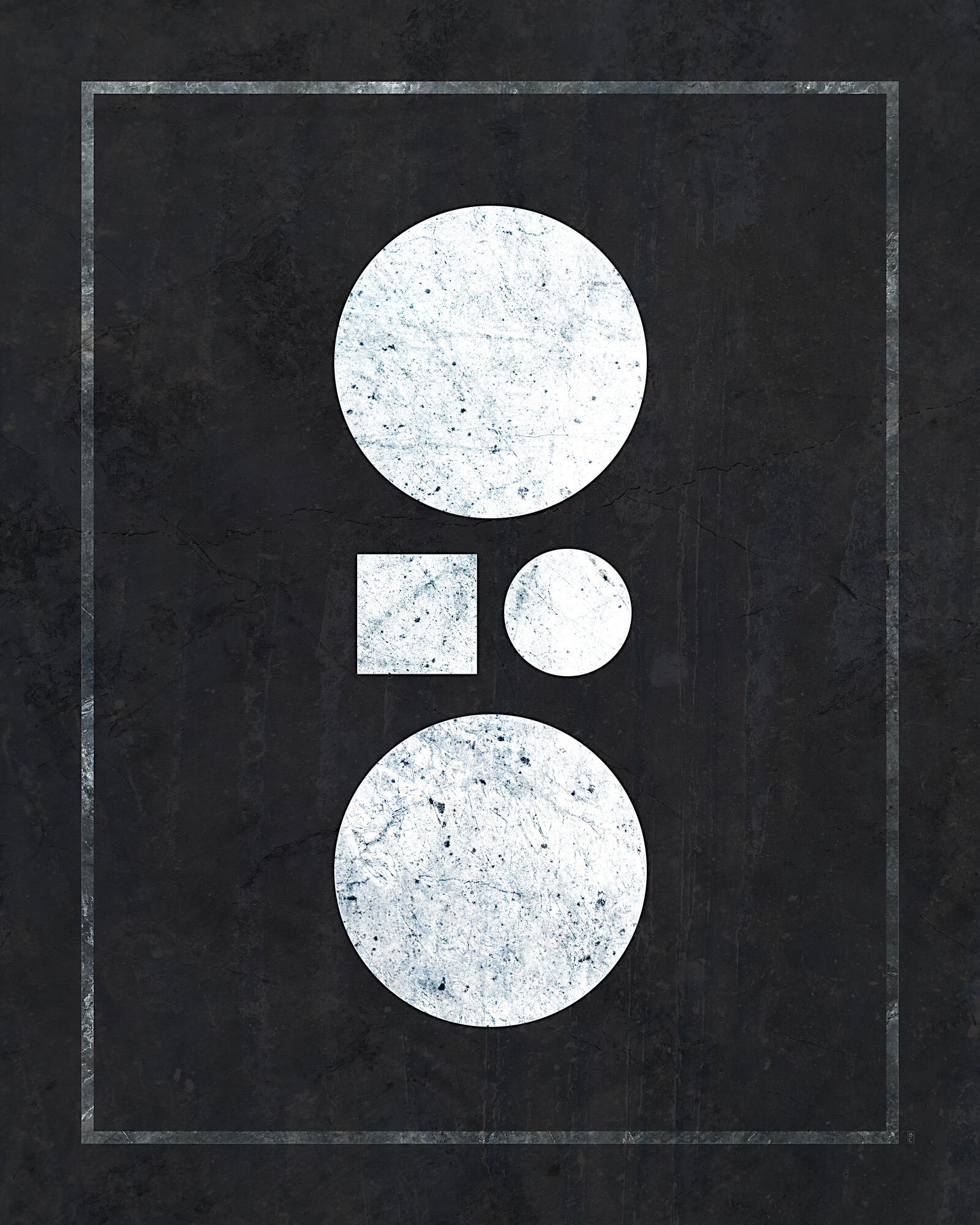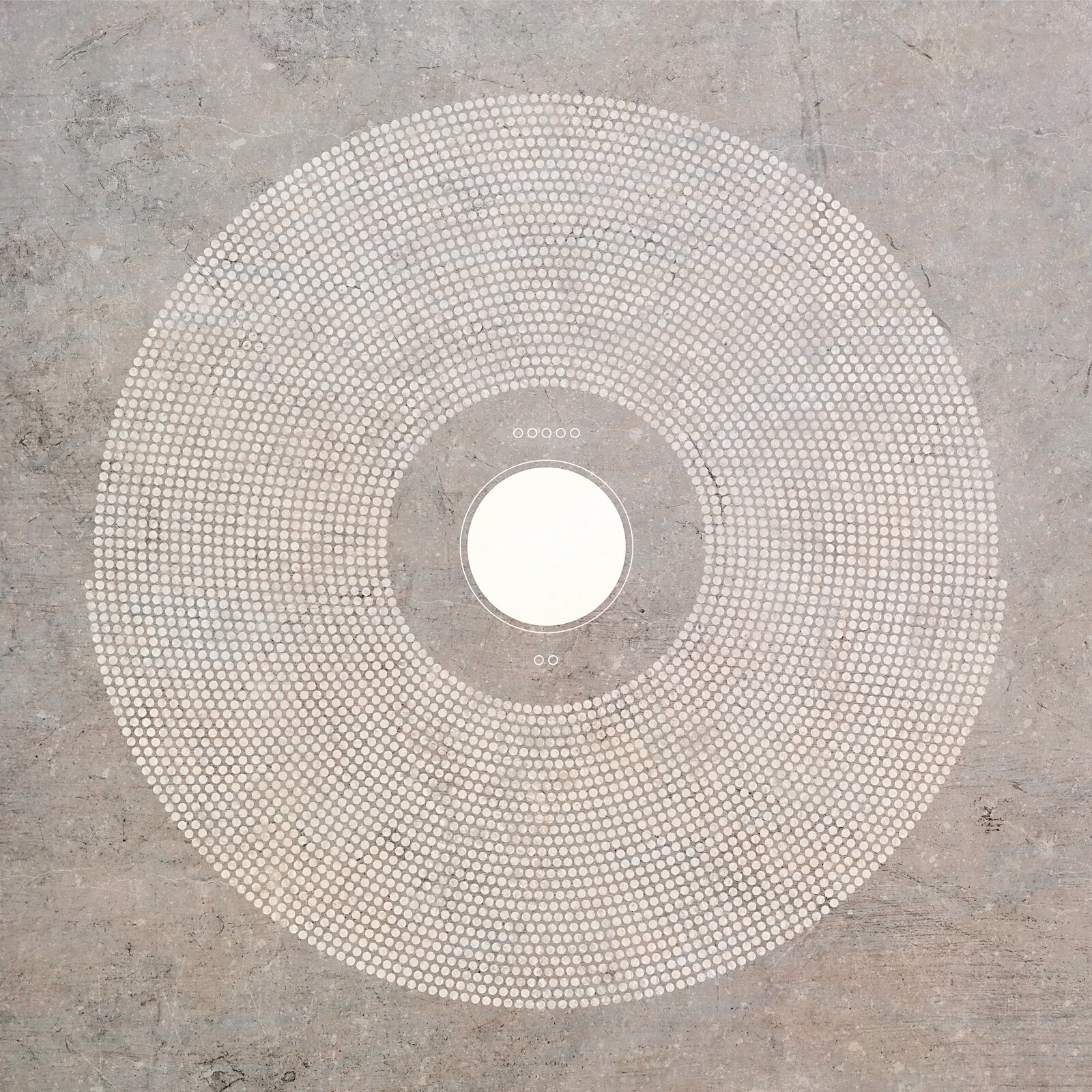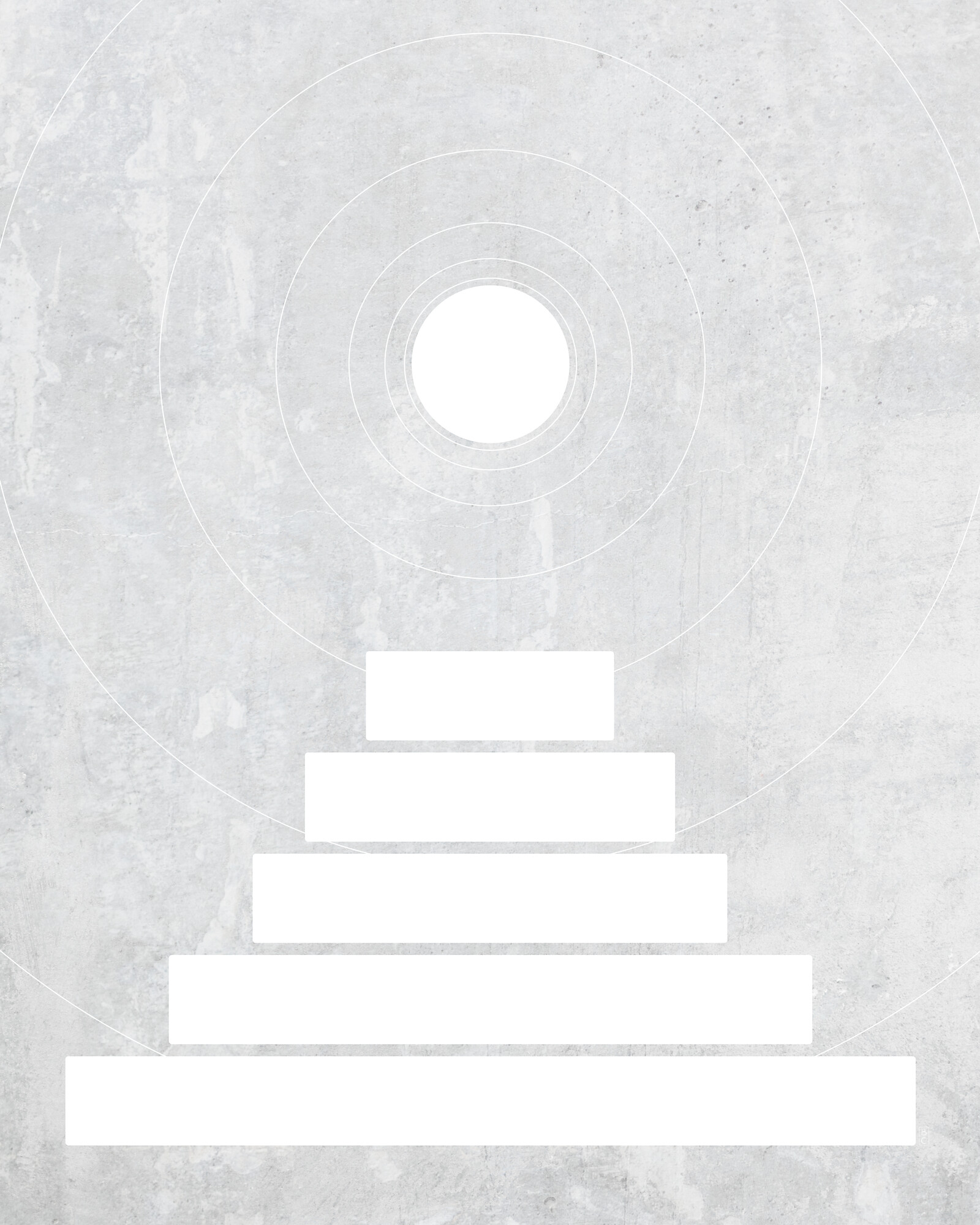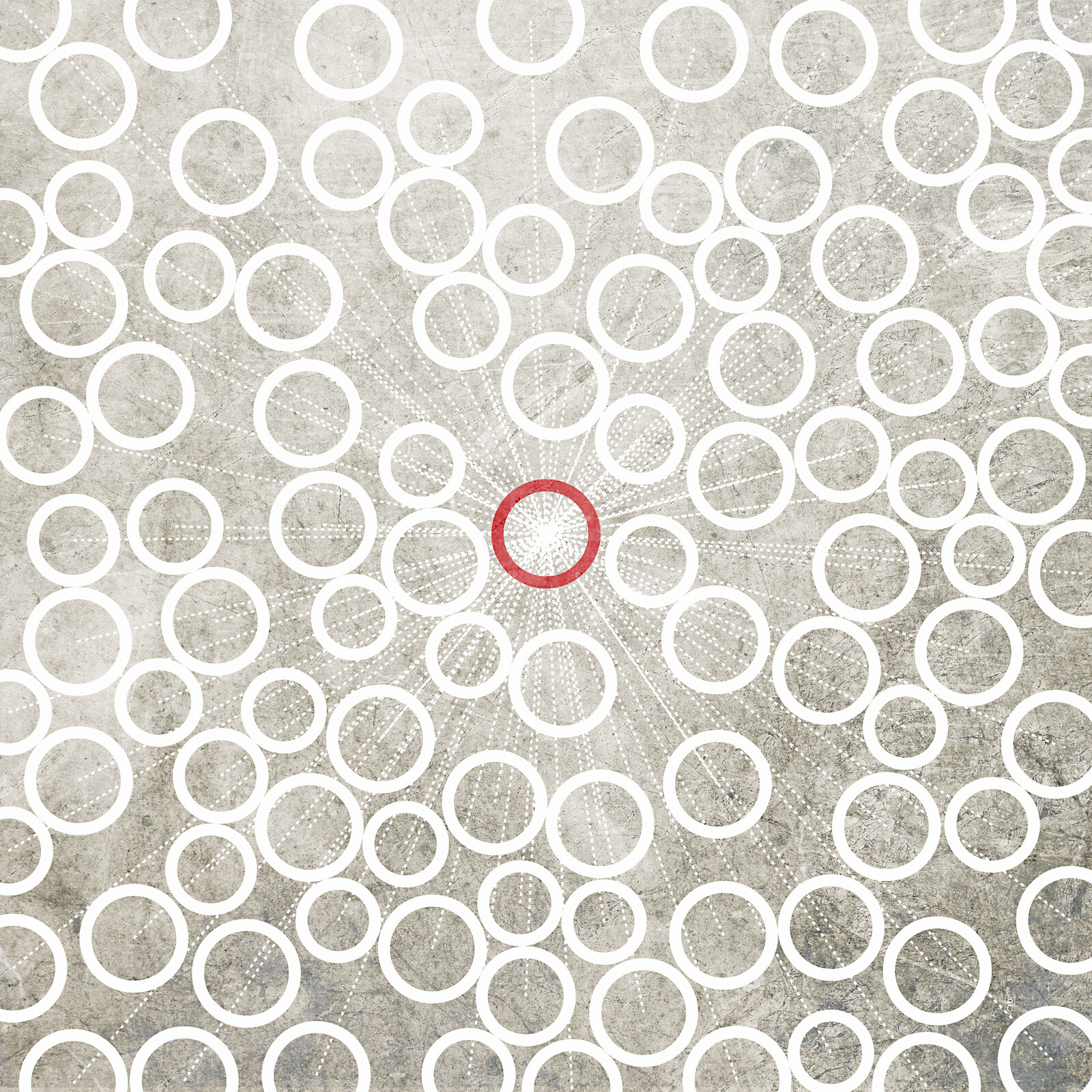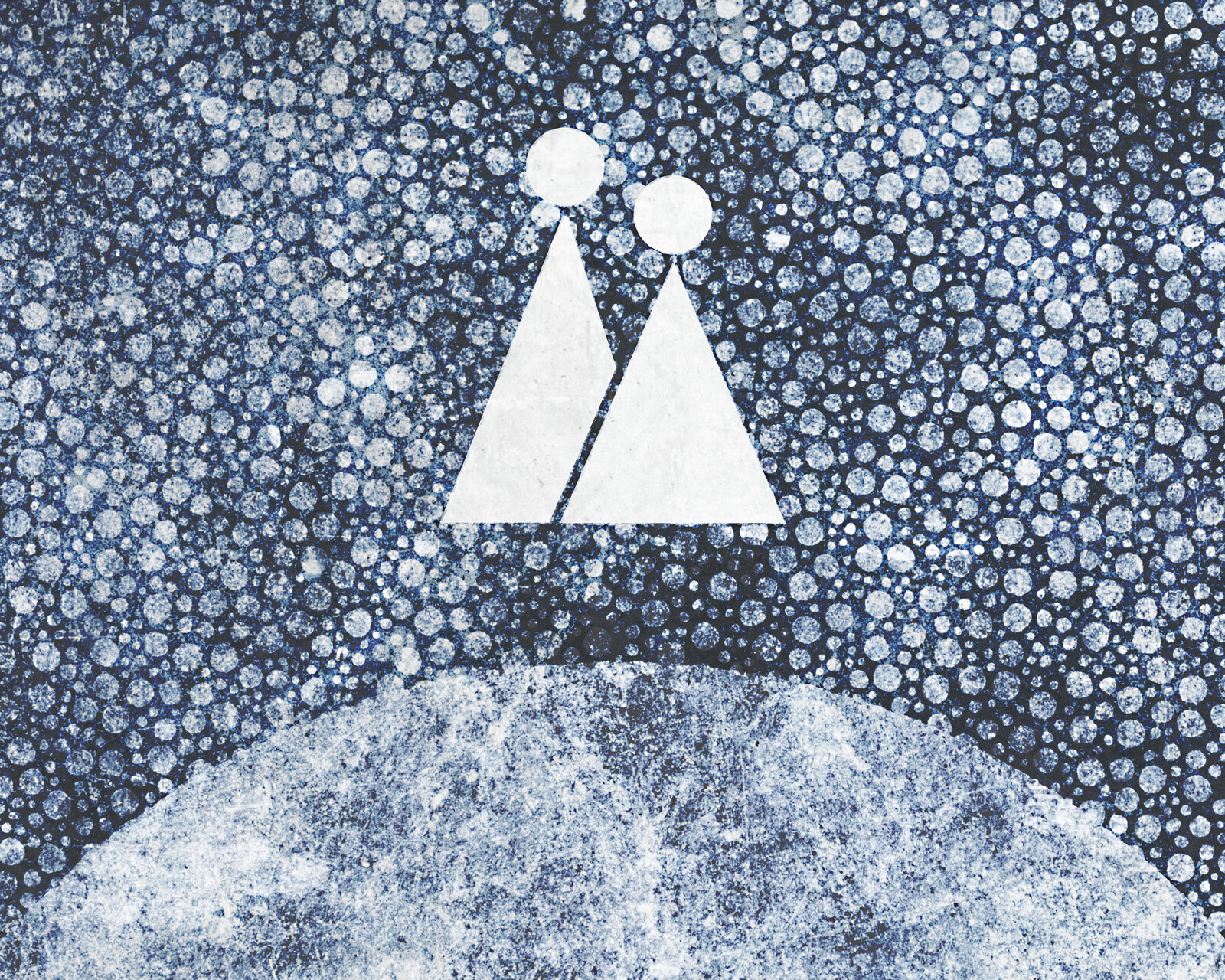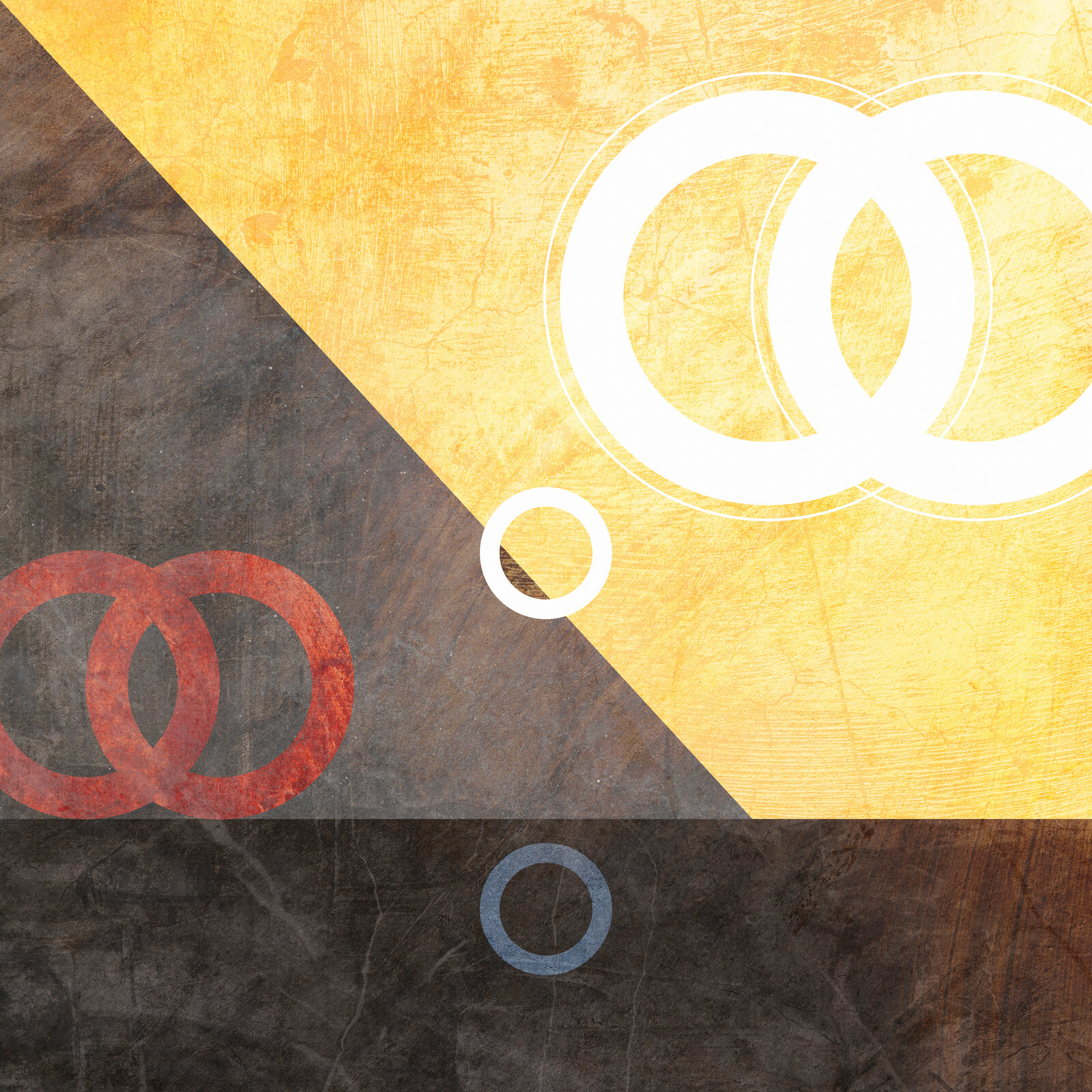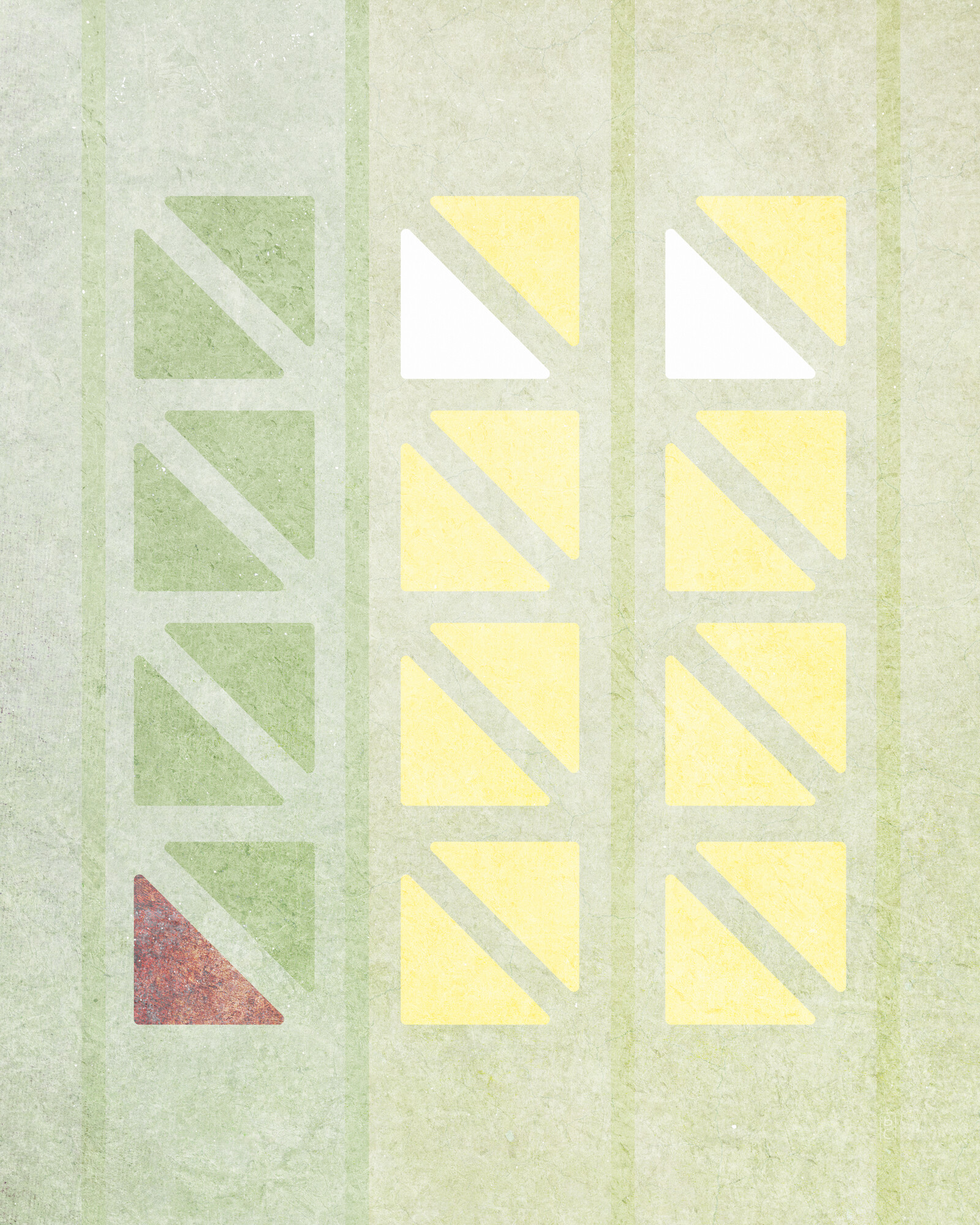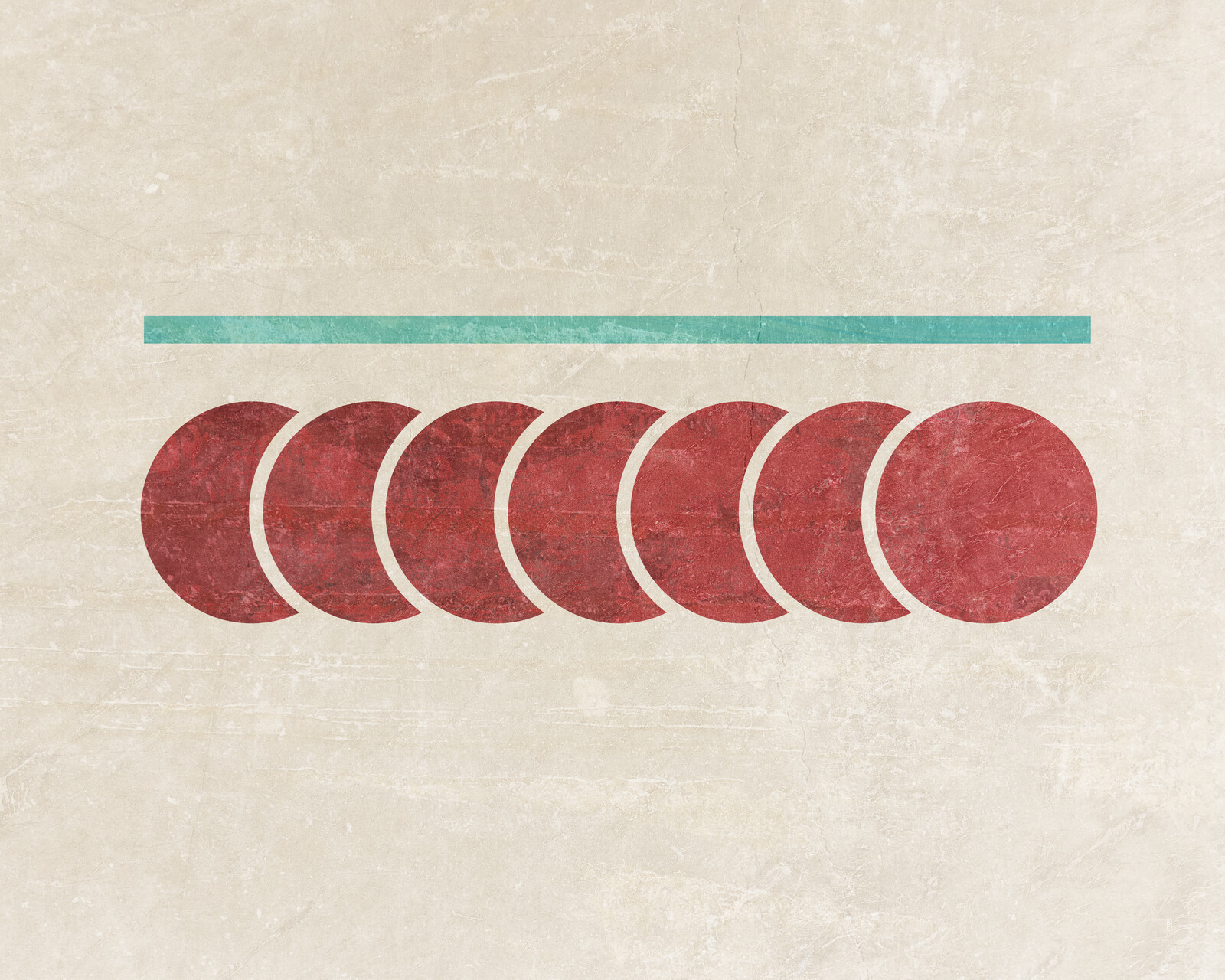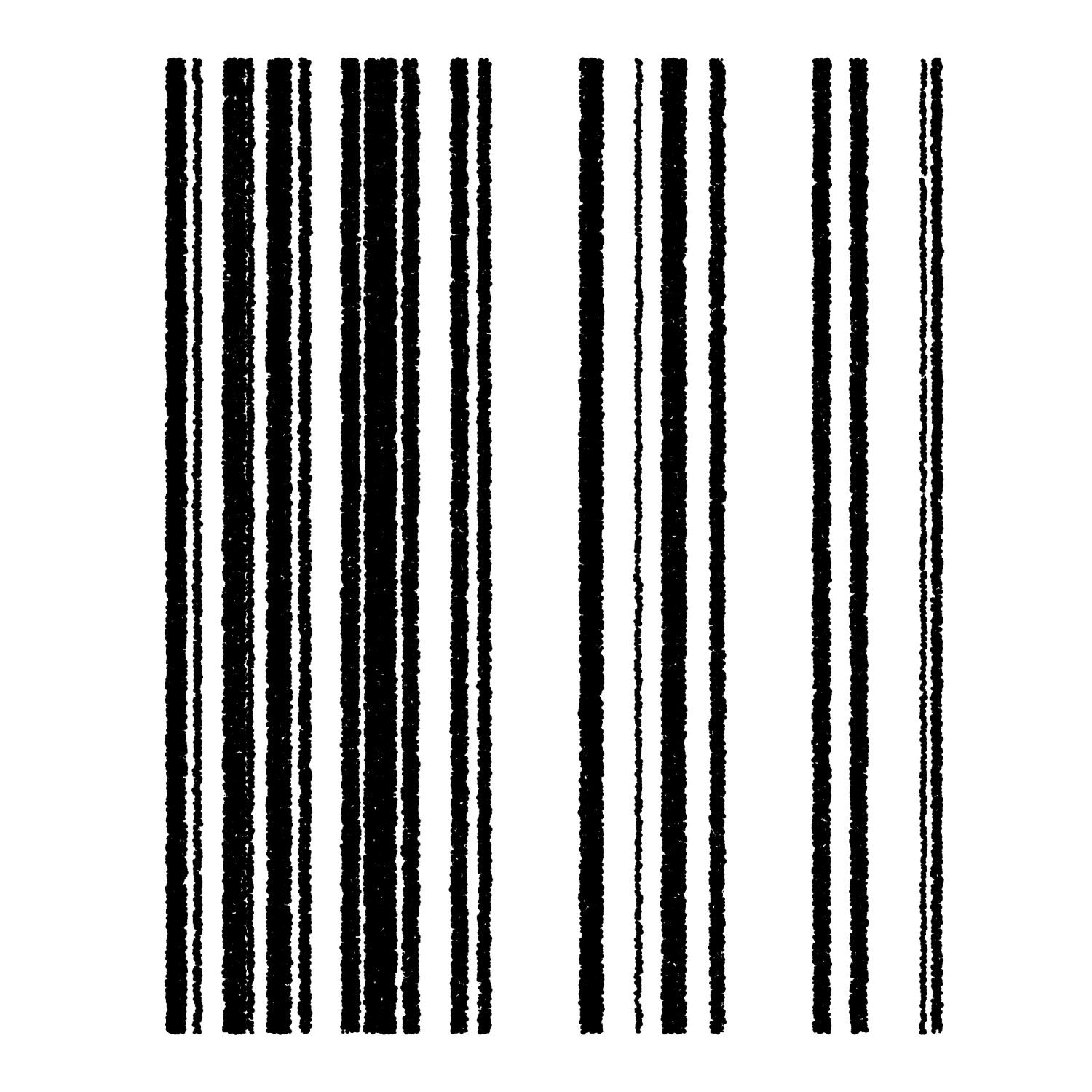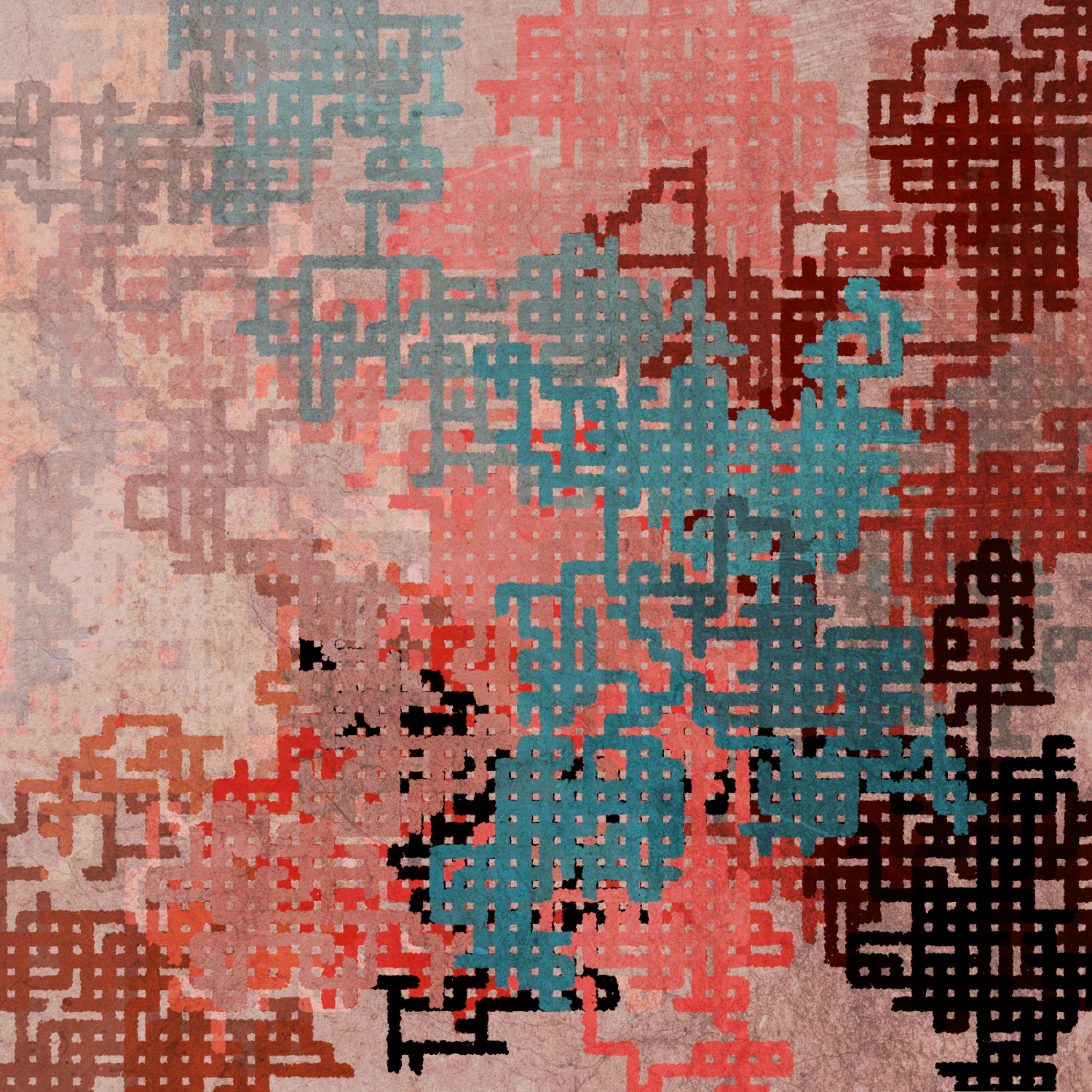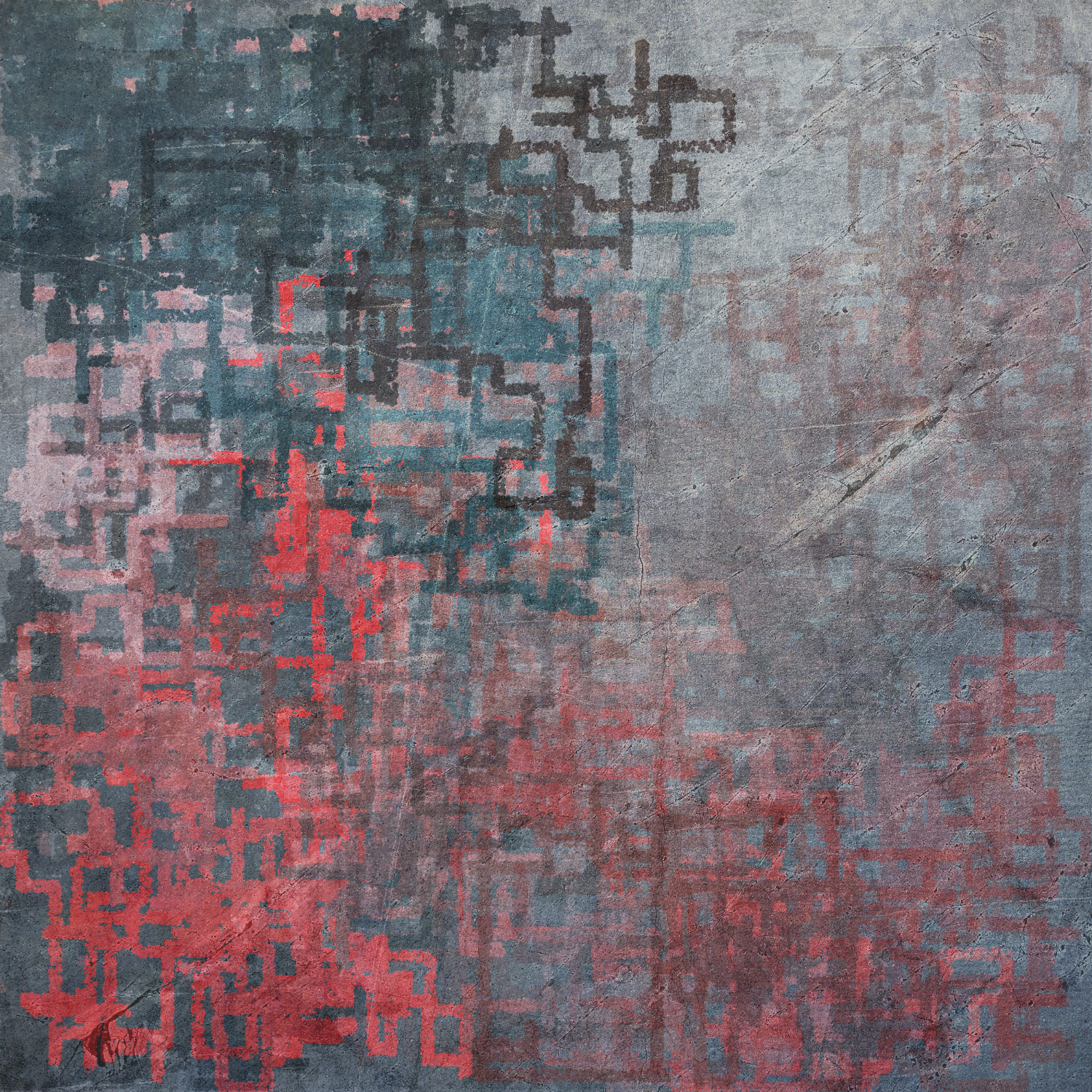Prints 1.5
Welcome to Prints volume 1, issue 5.
Table of contents: Reading • Watching • Making • Links • Thoughts
Reading
Recent nonfiction reads
- In the Camps, by Darren Byler. A look at the Uyghur concentration camps in China and the surveillance technology that enables them. A sad, maddening read, but an important one. Pretty short, too.
Recent fiction reads:
- The Echo Wife, by Sarah Gailey. I actually read this before last issue but didn’t realize I’d forgotten to include it until the day after the issue. Which may have been my subconscious at work, since I don’t know how I feel about this book. Well written, interesting enough, just not my favorite. Maybe it had to do with the characters? (It wasn’t the biological aspect of things.)
- The Haunting of Tram Car 015, by P. Djèlí Clark. A novella. I liked Ring Shout more, but this was still good (I love stories set in the Middle East) and I’m looking forward to reading A Master of Djinn.
- Riot Baby, by Tochi Onyebuchi. Another novella. Liked it a lot. It was sad and frustrating and rough (in the sense of difficult, not in the sense of poorly crafted, because it wasn’t) but important. One of the reasons I read is to vicariously live lives very different from my own, to try to expand my empathy for others. Felt like this helped with that.
Books acquired since last issue
- The Face of Battle: A Study of Agincourt, Waterloo, and the Somme — John Keegan
- A World Beneath the Sands: The Golden Age of Egyptology — Toby Wilkinson
- Asia’s Cauldron: The South China Sea and the End of a Stable Pacific — Robert D. Kaplan
- Blowout: Corrupted Democracy, Rogue State Russia, and the Richest, Most Destructive Industry on Earth — Rachel Maddow
- Pandora’s Star — Peter F. Hamilton
- Nice Dragons Finish Last — Rachel Aaron
- The Gathering Storm — Winston S. Churchill
- Their Finest Hour — Winston S. Churchill
- The Wind’s Twelve Quarters: Stories — Ursula K. Le Guin
- The Grand Alliance — Winston S. Churchill
- Closing the Ring — Winston S. Churchill
- Triumph and Tragedy — Winston S. Churchill
- Ambergris: City of Saints and Madmen; Shriek: An Afterword; Finch — Jeff VanderMeer
- Dead Astronauts — Jeff VanderMeer
- Draft No. 4: On the Writing Process — John McPhee
- American Tempest: How the Boston Tea Party Sparked a Revolution — Harlow G. Unger
- At the Highest Levels: The Inside Story of the End of the Cold War — Michael Beschloss & Strobe Talbott
- My Broken Language: A Memoir — Quiara Alegría Hudes
- Ten Drugs: How Plants, Powders, and Pills Have Shaped the History of Medicine — Thomas Hager
- News for All the People: The Epic Story of Race and the American Media — Juan Gonzalez & Joseph Torres
- Proof of Life: Twenty Days on the Hunt for a Missing Person in the Middle East — Daniel Levin
- Fortune’s Children: The Fall of the House of Vanderbilt — Arthur T. Vanderbilt
- Uncontrolled Spread: Why COVID-19 Crushed Us and How We Can Defeat the Next Pandemic — Scott Gottlieb
- Who Fears Death — Nnedi Okorafor
- Wakers — Orson Scott Card
- Lagoon — Nnedi Okorafor
- The Justice of Kings — Richard Swan
- Haiti: The Aftershocks of History — Laurent Dubois
- The Body Scout — Lincoln Michel
- Flintknapping: Making & Understanding Stone Tools — John C. Whittaker
- The Nothing Within — Andy Giesler
- Becoming Steve Jobs: The Evolution of a Reckless Upstart into a Visionary Leader — Brent Schlender & Rick Tetzeli
- Einstein: His Life and Universe — Walter Isaacson
- Steve Jobs — Walter Isaacson
- Rising Tide: The Great Mississippi Flood of 1927 and How It Changed America — John M. Barry
- Bloodrush — Ben Galley
- Queens of the Crusades: England’s Medieval Queens Book Two — Alison Weir
- On All Fronts: The Education of a Journalist — Clarissa Ward
And yes, I am so, so painfully aware that I’m acquiring books far faster than finishing them. I’m more and more aware, too, that when I inevitably die someday, I’ll leave behind me thousands of books that I really wanted to read but never got the chance to.
Watching
More volleyball. We also enjoyed Nate Bargatze’s two standup comedy specials on Netflix.
Making
I upgraded Chrome (which I use in coordination with Paged.js, because Firefox doesn’t support different page sizes yet) and the case of the missing lines seems to have cleared up. I also checked Historia Calamitatum and it thankfully wasn’t missing any lines. Still something to watch out for, but I’m glad it’s not happening all the time.
I’m thinking about building a small system called Ink (a name I’ve used before for other projects that didn’t materialize) for bookmaking, where I can have a single canonical source for each book and easily export both EPUBs and PDFs. Still mulling it over, nothing serious yet.
Releases
Le Morte d’Arthur, by Thomas Malory. Available in EPUB. This is the original Middle English text and orthographically it’s a trip. I’ve been wanting to publish this for a while, though I haven’t even read it yet. (It’s around 1,400 pages, by the way.) At any rate, I’m happy with how the cover turned out — I used one of the IM Fell fonts, then blurred and thresholded it in Affinity Photo to get some faux ink spread.
And some more art:
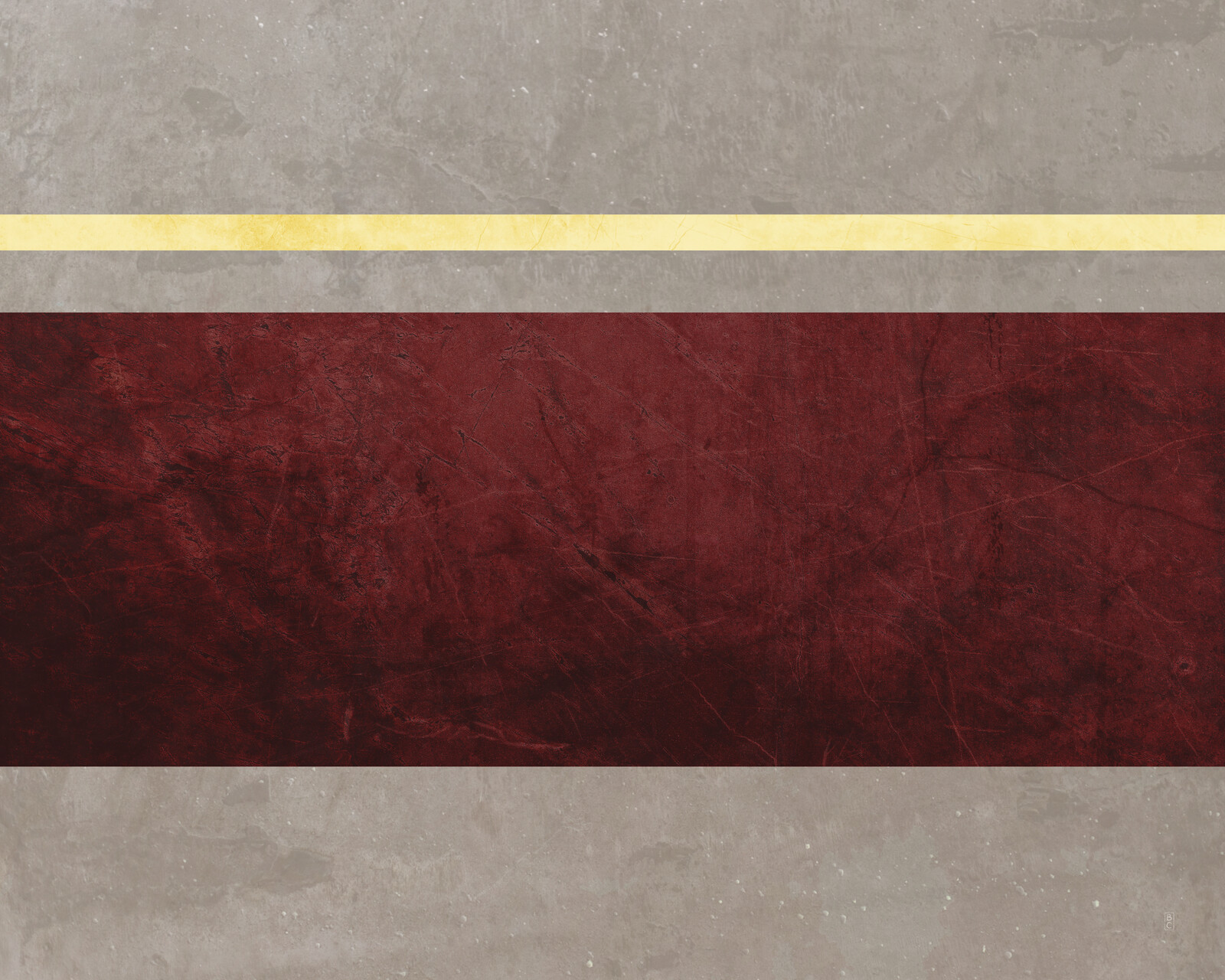
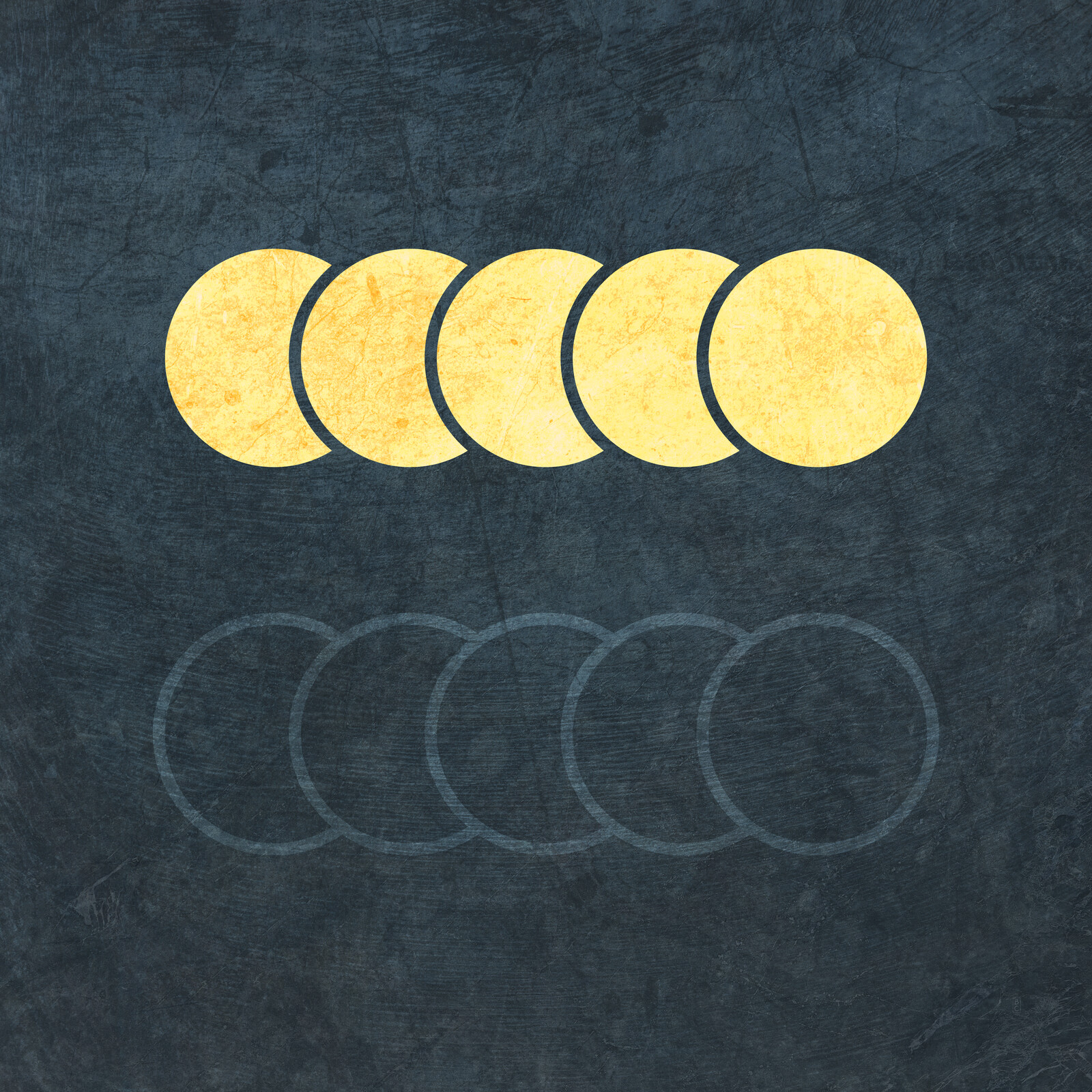

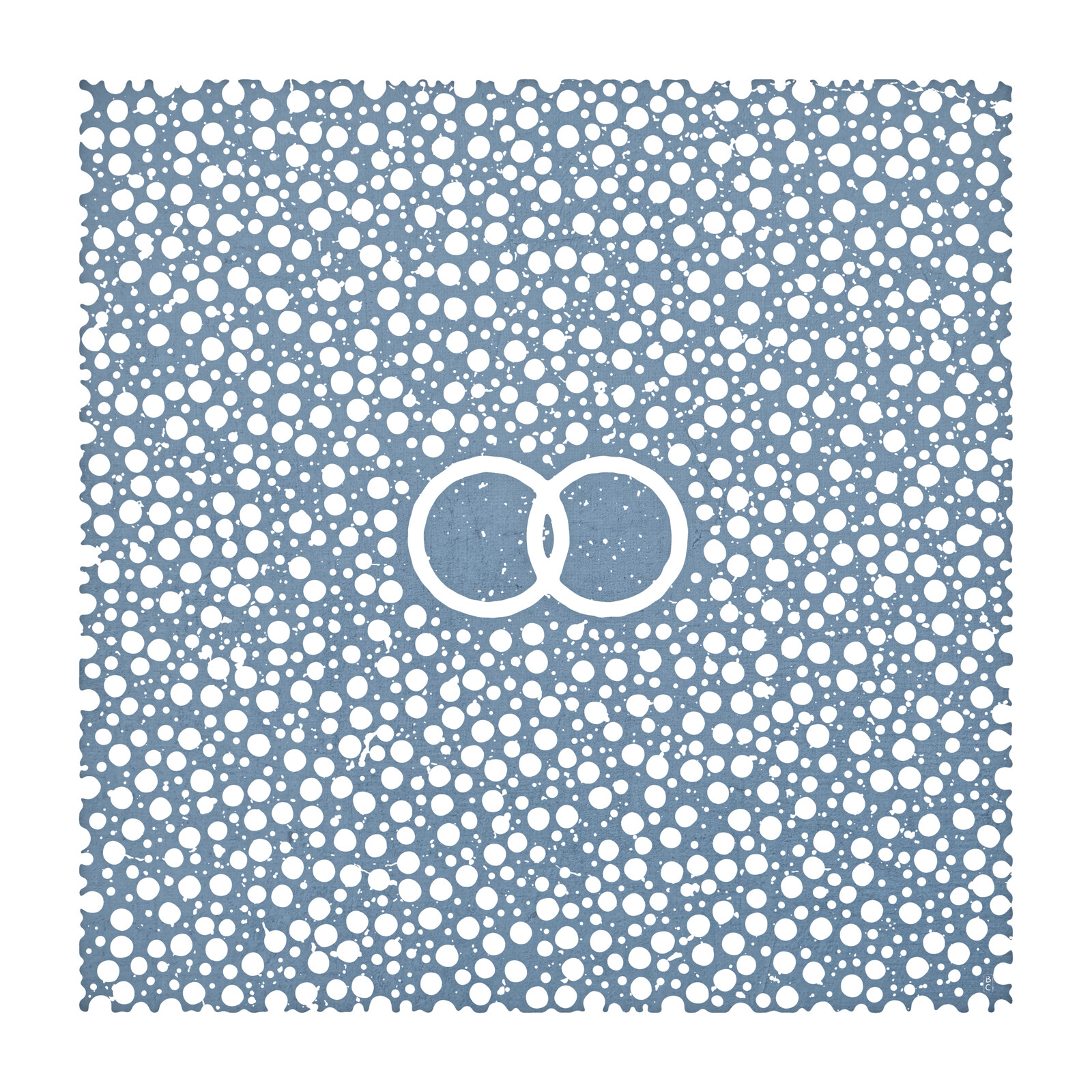
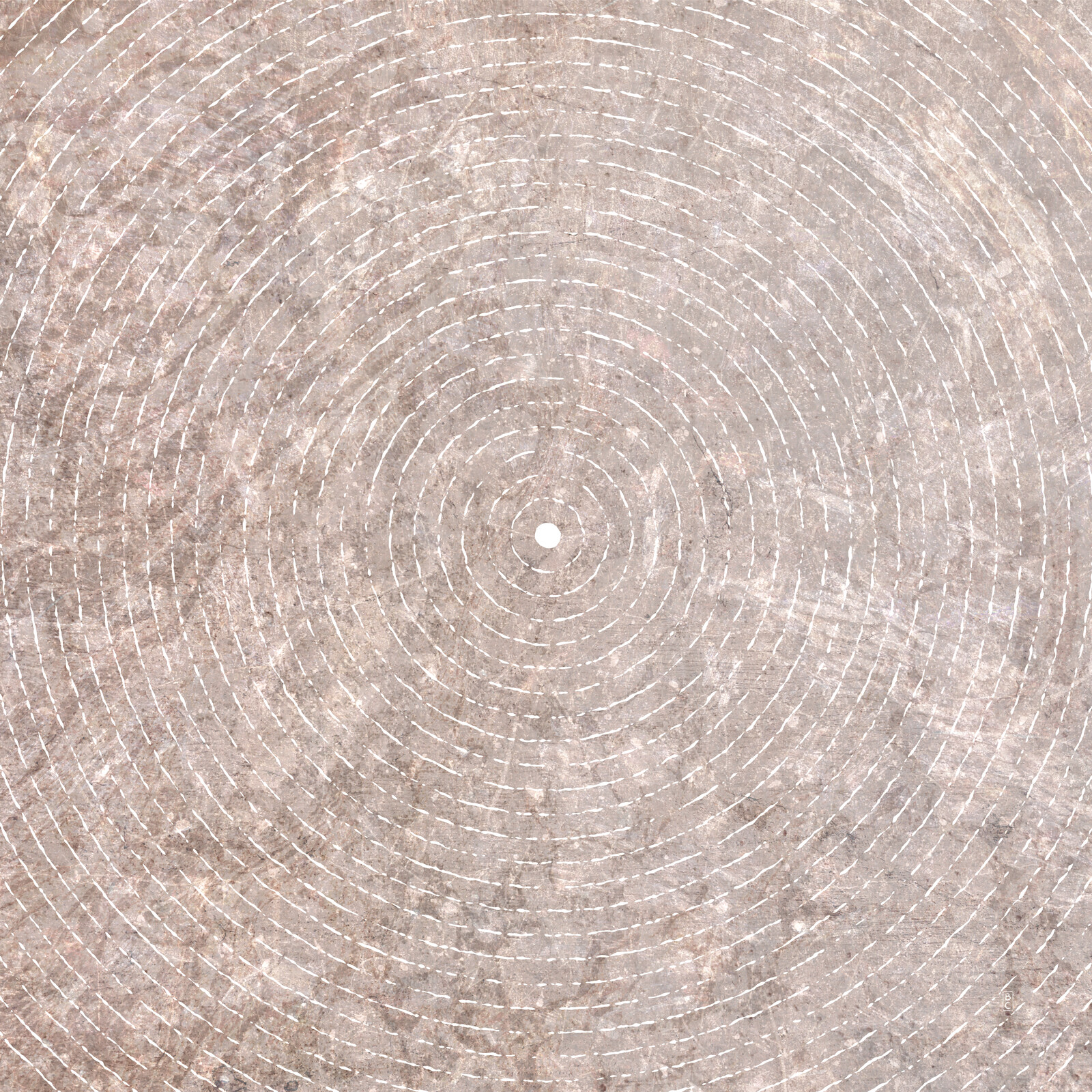
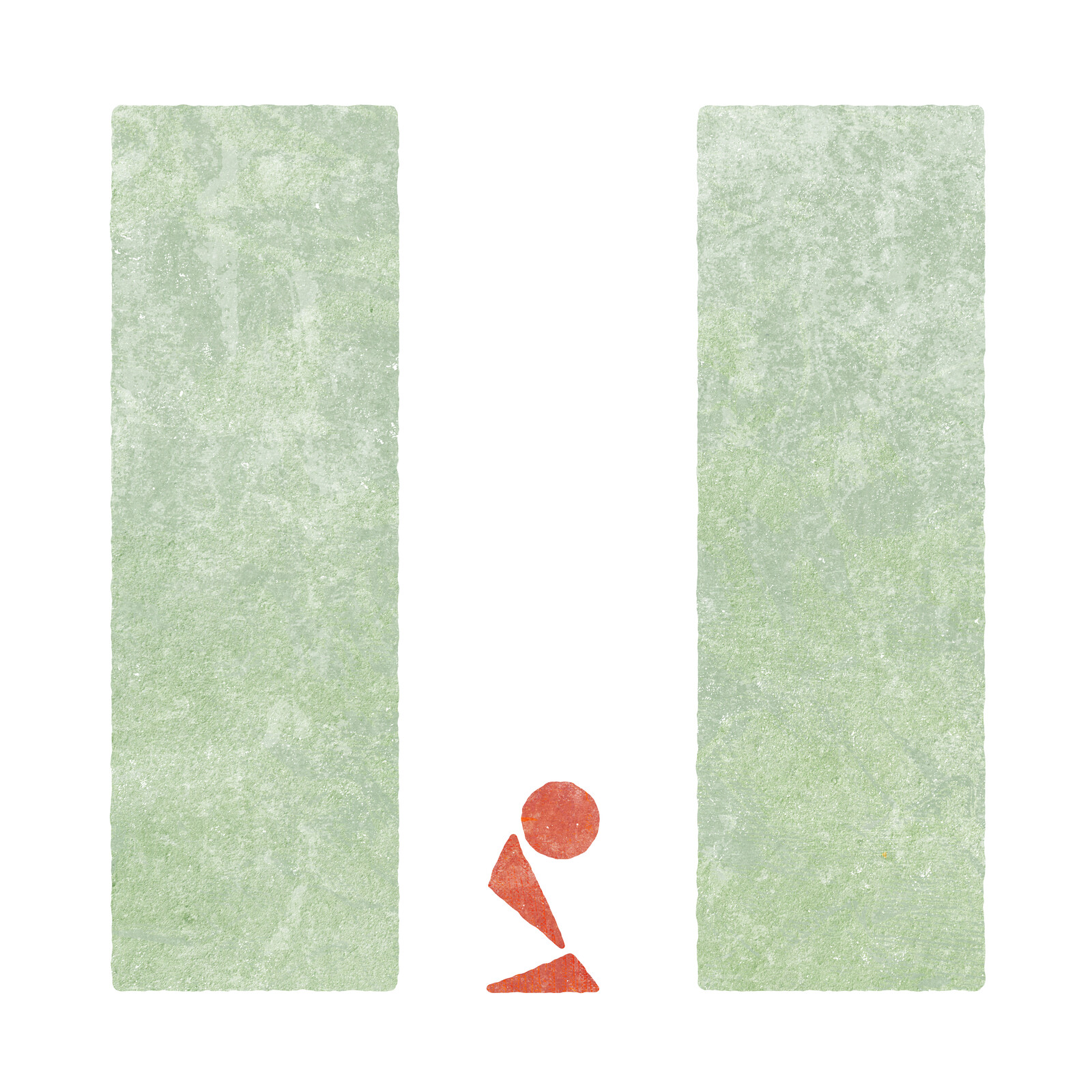
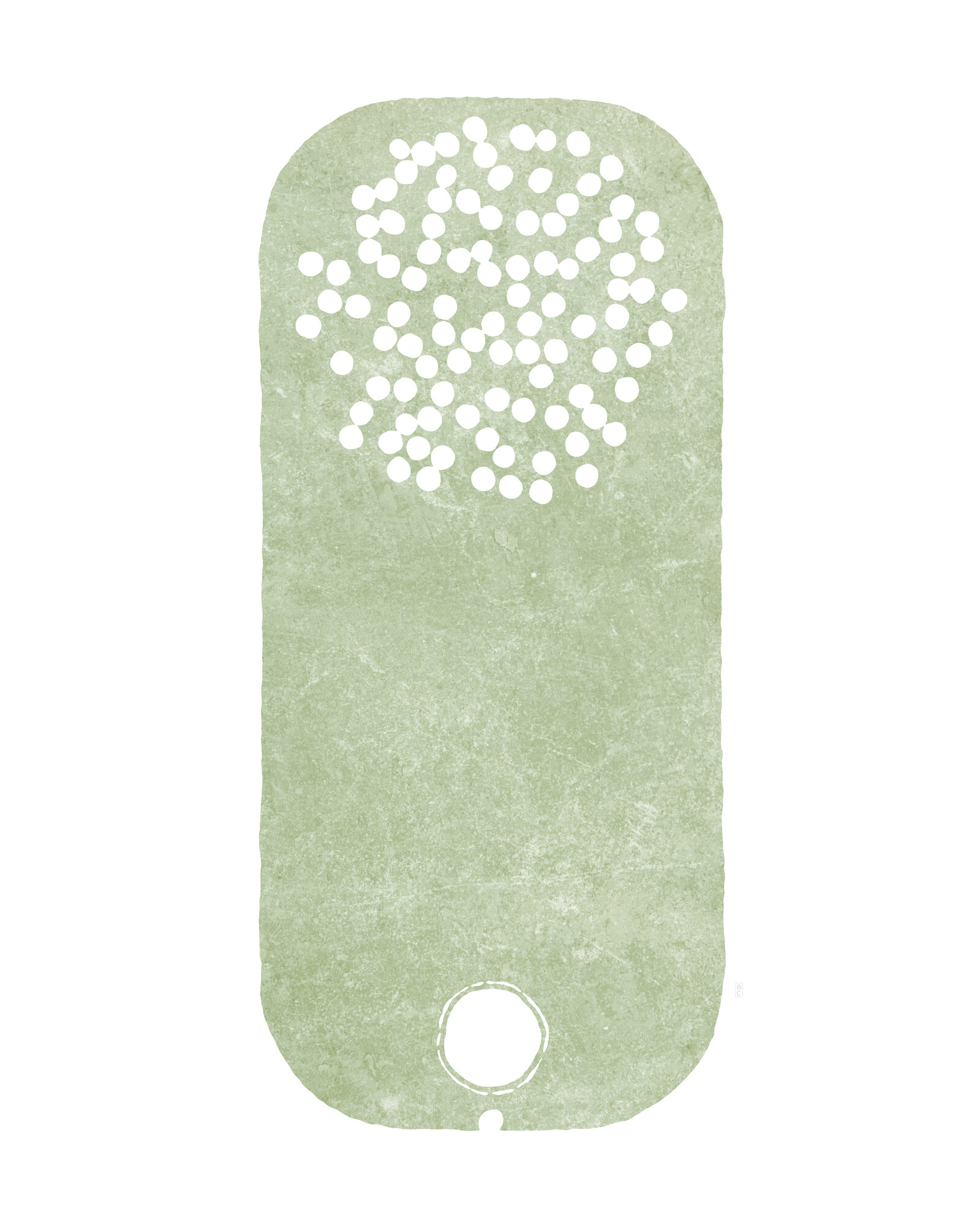
Current projects
Salviana (working title): I’ve mostly been avoiding this, though I did start yet another new draft. I feel like I’ll be writing this story the rest of my life and I don’t even care about it all that much, which seems like maybe a good indicator that something needs to change. Hoping to figure out a new angle that’ll help me care more about the story, and hoping to hurry up and finish it so I can move on to another story. But if that doesn’t happen soon, I’ll just backburner it and try something else to try to get some momentum back.
Religious art: Planning to explore the woodblock style more. (I’m using that term loosely here, but it’s how I think of it and basically what I’m aiming to achieve.) Also, I’m thinking about putting together a handful of small scripts that’ll automatically add turbulence/displacement filters to SVGs, render the SVG to PNG via headless Inkscape, and handle the blur/threshold bit via Imagemagick.
Pack: I wrote this in Python with a different algorithm and it’s ridiculously slow. Sigh. On hold for now; I may just keep using/modifying Cirque.
Letters of Cortés: Felt like doing this next instead of The Green Fairy Book. (Itching to do more history.) I’m basing my edition on the 1908 Francis Augustus MacNutt translation, though mine strips out everything but the five letters themselves. Planning to do both EPUB and PDF. I’ve typeset an initial version of the PDF (using Paged.js) and I’m about 4% of the way through proofing it.
The Princess and the Goblin, by George MacDonald: I remember a wonderful numinous feeling when reading this when I was younger, and I’m hoping to recapture that feeling a little (while fully expecting to fail). Also planning to do both EPUB and PDF. Just started on this, so I’m prepping the text and getting basic formatting in place.
Distressed PDFs: Lately I’ve been playing around with taking clean PDFs typeset with crisp digital fonts, exporting the pages to images, and distressing the type through a combination of techniques (to make it look older or printed with letterpress), then tracing it again (with potrace). This admittedly obliterates the copy-and-pasteable text inside the PDF and is totally inaccessible, but for things intended to be printed (as opposed to used digitally), it’s probably okay. Getting decent results so far, just exploring the process. Hopefully I’ll have something to show next time.
Links
Alain Galvan’s review of shader languages. Covers HLSL, GLSL, MSL, and WGSL.
Worldle has been fun. I prefer playing with the map turned off. I’ve also enjoyed Globle and Quordle.
Matt Webb on Project Daedalus. Especially loved the pulsar aside at the end.
Roy Scholten’s and Martijn van der Blom’s letterpress prints with Lego bricks. Mmm.
Martin Treiber’s online traffic simulator. Created a traffic jam pretty easily.
Matt Cambion on personal websites as self-portraiture. I sometimes feel like my site has gotten a little less personal, but the recent typeface/color change has helped with that.
The Yesterweb zine. Enjoying this.
Disney Animation on their filmmaking process, using Encanto as the example. (I still have We Don’t Talk about Bruno stuck in my head.)
Hidreley Diao’s AI-generated photographs of cartoon characters. Some of these are pretty good.
Lincoln Michel on genre as story engine. This resonated a lot and will hopefully help me get my writing act together (by figuring out which engines I’m using to power my stories). His LitHub article was also good.
Atlas Obscura’s map of unique restaurants. Can’t wait to start exploring some of these.
Zadie Smith on writing. Reading this made me think that maybe I’m really just not an outliner.
Chris on how to make MPAs that are as fast as SPAs. Some interesting ideas here.
Wikipedia page on the Russian invasion of Ukraine. So sad.
Rust 1.59.0 has some nice inline assembly support. (I say that as if I use assembly all the time. I don’t. I’ve hardly done anything with it. But maybe someday!)
The Liminal Librarian blogs book reviews from a fictional point of view. Love it.
Timothy on how to read the ECMAScript/JavaScript spec. Something I keep meaning to get to.
Interview with senior JS dev. Hahahahaha.
Tom MacWright on the indie web and books. My reading list is still my favorite page on this site.
Ink/Stitch, machine embroidery software based on Inkscape. Intriguing. I’ve never done embroidery but have been thinking about trying it (by hand), or maybe crochet or cross stitch. I have no idea what the difference is between these three. [Googles it.] Oh, cool. I’m interested in trying to execute some of my art using hand embroidery. Also interested in knitting and crocheting for making textiles. I have no idea how well my back and neck will do with any of these, so it may just be wishful thinking, but here’s hoping.
Thoughts
None this time! An empty skull bids you goodbye.

